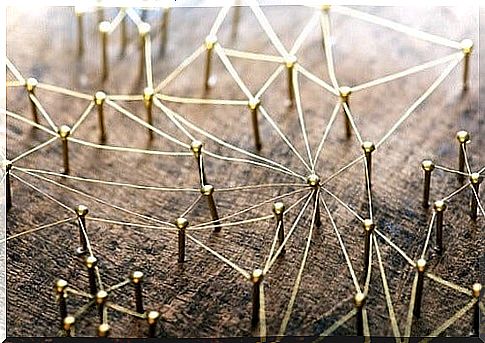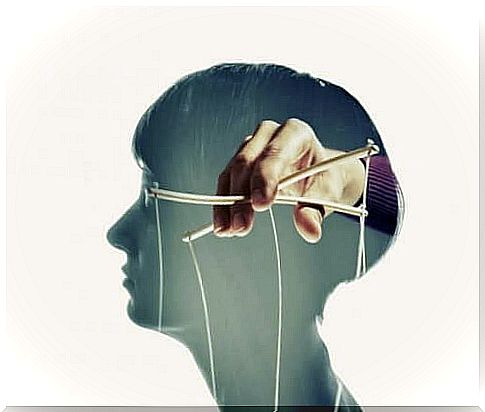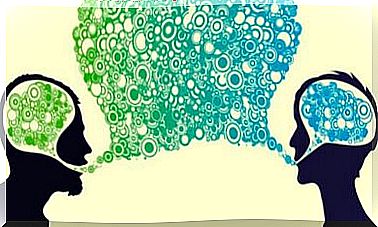Asymmetric Reciprocity: An Obstacle In Human Relationships

Balance is a basic part of most of our relationships. On the other hand, we all know that a complete equilibrium is impossible. It is never possible to achieve a perfect balance between what people give and what they get. The person who receives the most is usually the person who earns it the most. However, when there is an asymmetrical reciprocity in a relationship, it usually leads to a worse relationship.
On the other hand, the concept of “giving” is a very broad concept. It means giving the other person something material or spiritual. This can be affection, time, listening, and so on.
When there is asymmetrical reciprocity in a relationship or friendship, the following usually happens over time. One party feels good about receiving and makes no effort to give anything back. This attitude can damage a relationship.

The causes of asymmetric reciprocity
It is worth asking ourselves the following question. Why do relationships sometimes allow asymmetric reciprocity to occur? The most common cause of this phenomenon is the result of two types of situations.
In both situations, there is the idea that one person in the relationship has a greater ability or duty than the other person.
The first situation occurs when a person possesses some form of special strength. We give some examples. Maybe they have better problem solving skills. They may also have more knowledge than the other person.
Or maybe they are just emotionally stronger than the people around them. The other person in the relationship then wants this person to solve the problems. They want them to help them get through a situation without any compensation for their contribution.
This kind of situation sometimes also applies to the government. We are indeed talking about health care here. The basis of this idea is that a person with a certain kind of vulnerability does not have to answer what the other gives him.
Some situations justify this asymmetric reciprocity. However, this only applies to very specific circumstances. Usually this only applies temporarily.
The most vulnerable person is forced to give
The second situation in which asymmetric reciprocity occurs is opposite to the previous one. It happens when one of the parties has lost his or her dignity. The idea then is that they have to give everything they have in exchange for very little. The reason is that their needs are somehow less important than the needs of others.
This is what has happened to people in slavery throughout history. People then created ideas that some people have no rights. The reason was their skin color or because they belong to a certain culture. In these cases, the victims of persecution must give everything they can without expecting anything in return.
This also happens in many relationships. We see it mainly in family relationships or with couples. Here, then, there is the idea that the most frail or vulnerable party has more obligations than the other person or people.
We give an example. The person who has not studied a profession must serve those who have studied. Another example is the most insecure person who has to submit to others in order to be accepted by them.

The Effects of Asymmetric Reciprocity
There is always some asymmetrical reciprocity in human relationships. However, if this reciprocity becomes disproportionate, it will create very harmful effects for those involved.
It creates unfair and unhealthy conditions over time. It is unfair because one person becomes the instrument of another. Moreover, it is unhealthy because that lack of reciprocity is a form of violence. It also encourages violence.
In all cases, the person who is forced to give without receiving is exploited. The relationship can be stable for a period of time. Sooner or later, however, it will lead to growing dissatisfaction. Often this ends with breaking the false balance.

In any case, asymmetric reciprocity doesn’t offer much to those who dominate. You have the power and you can rely on other people. However, this also reduces your work.
Sometimes it can even make you feel useless. It puts you in a needy state. It also makes you lean on the other person. What would happen to the master without his slave? What is left of the dominant party when they no longer have their weaker partner?









